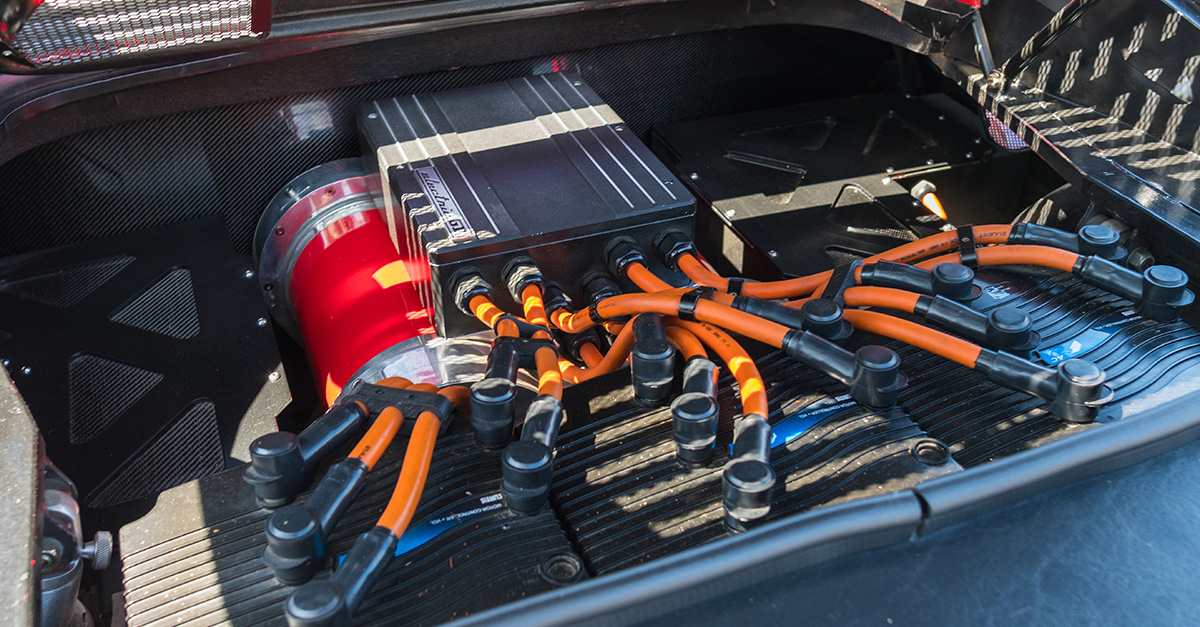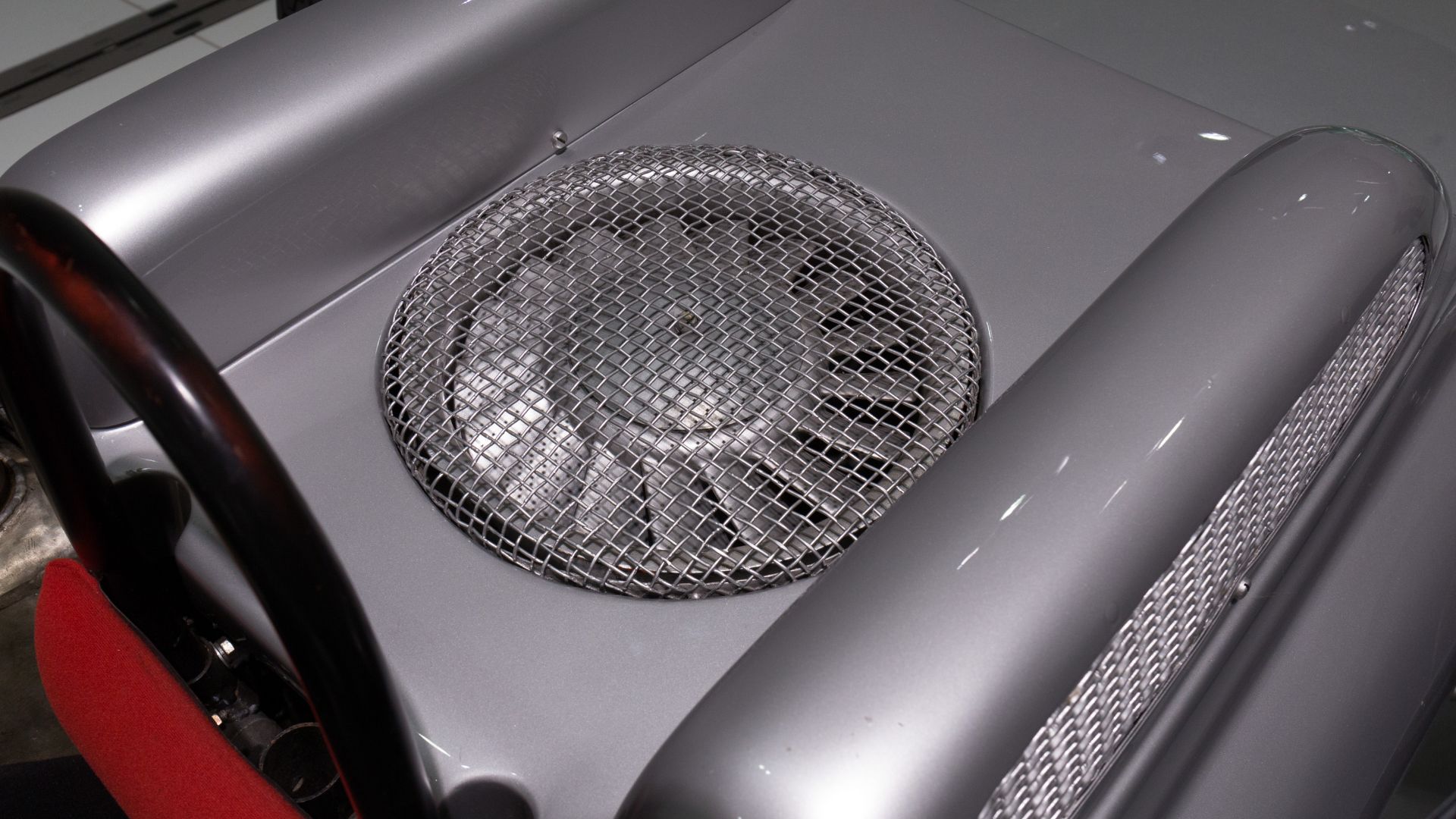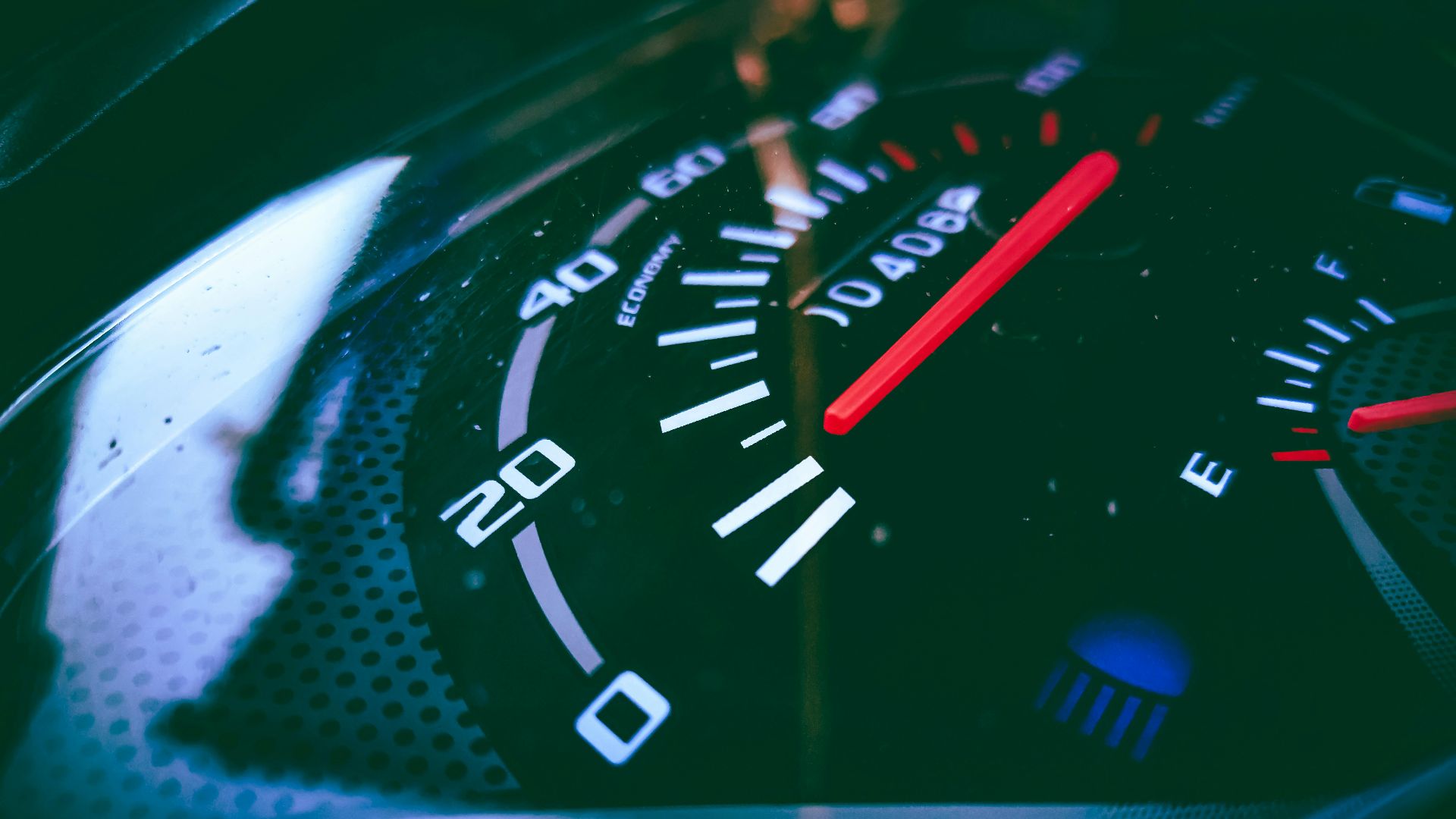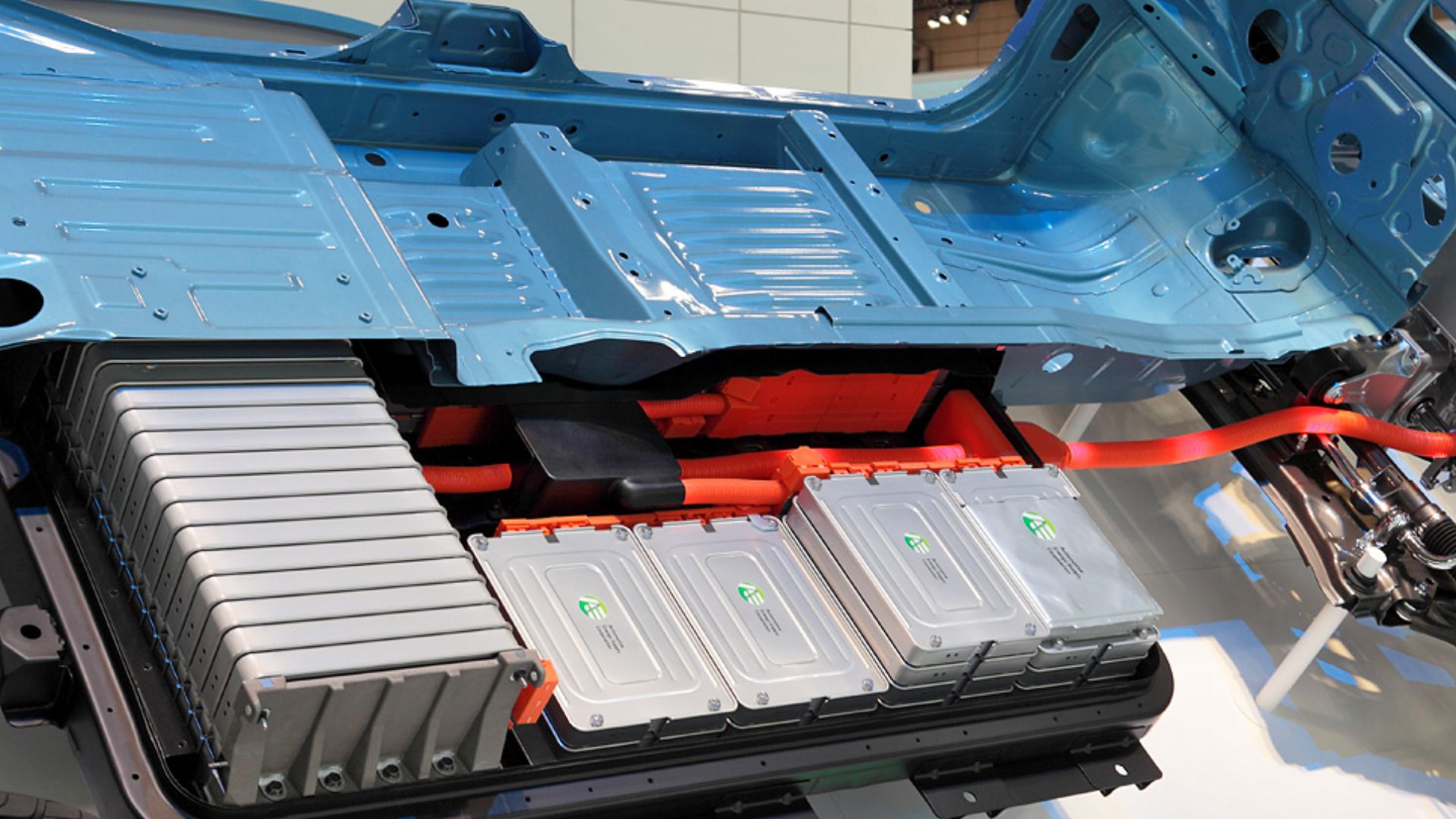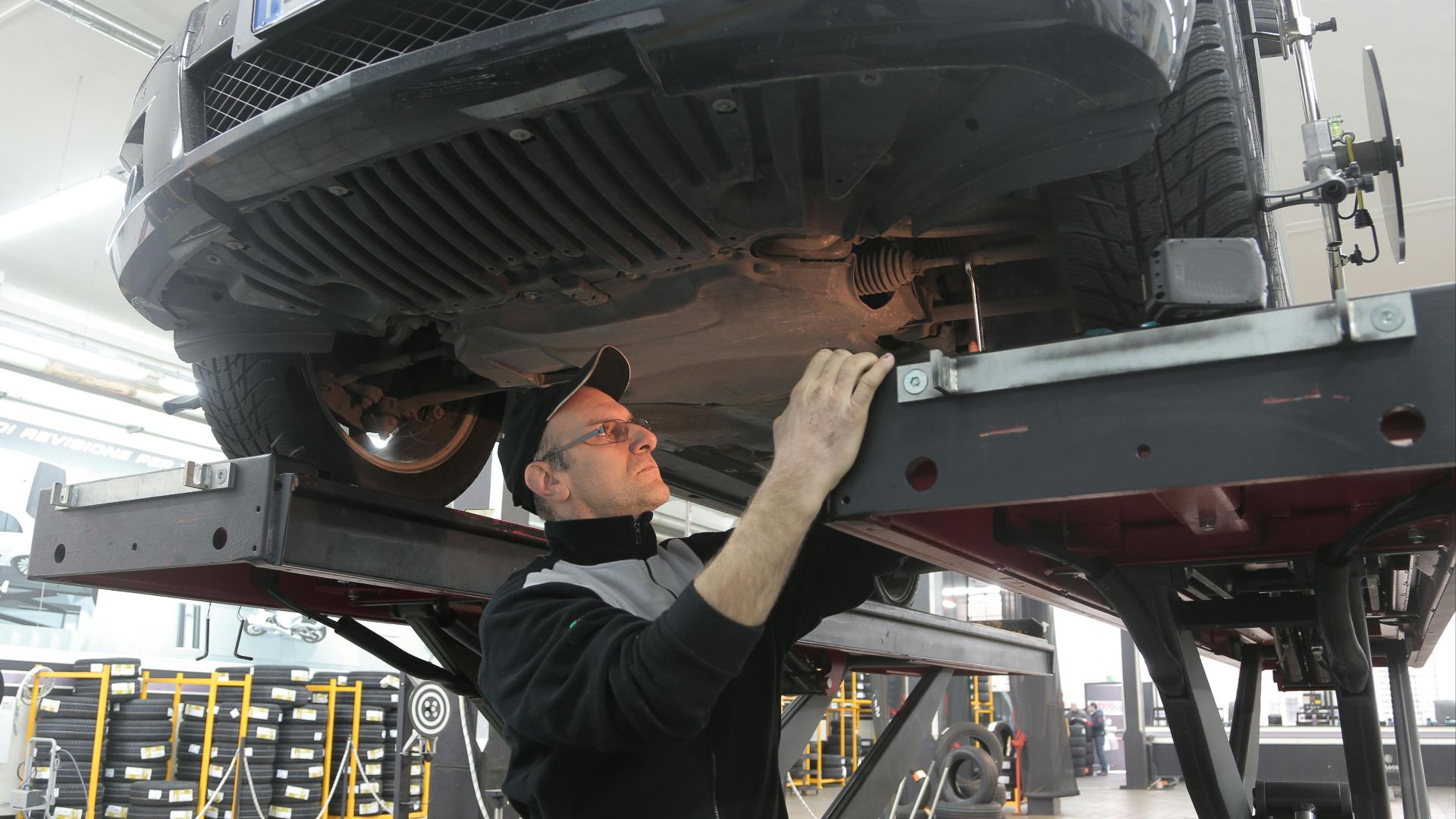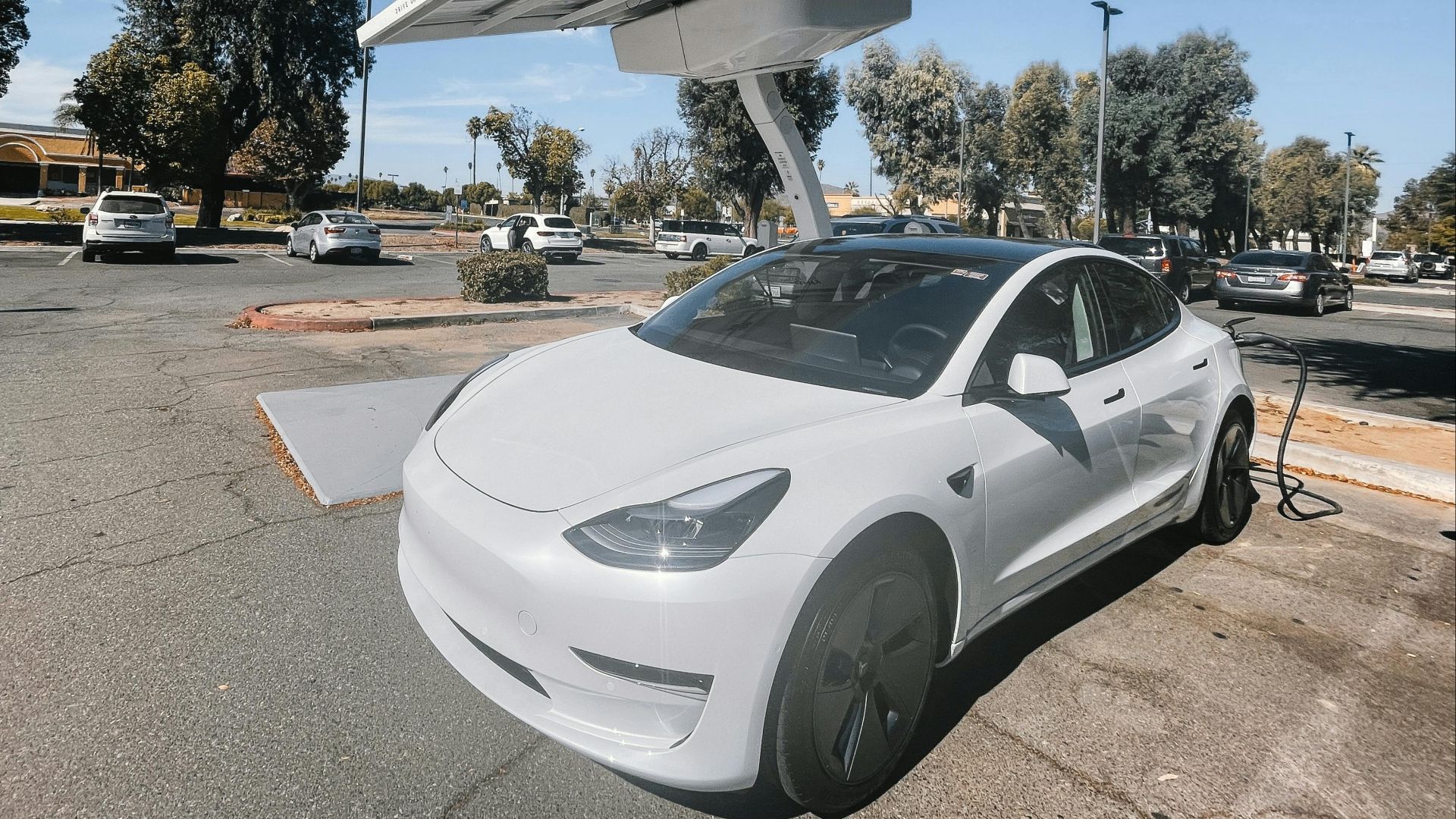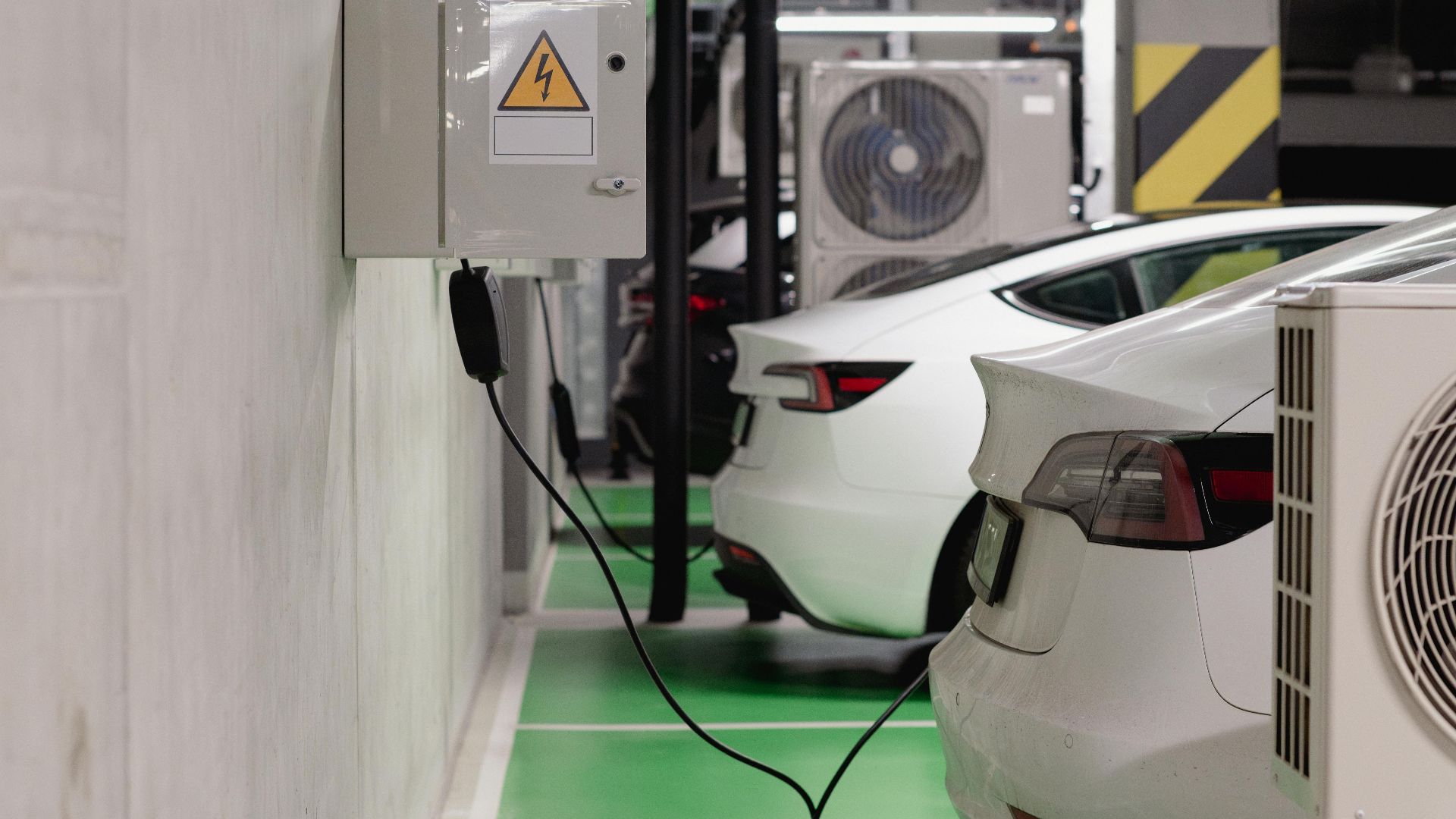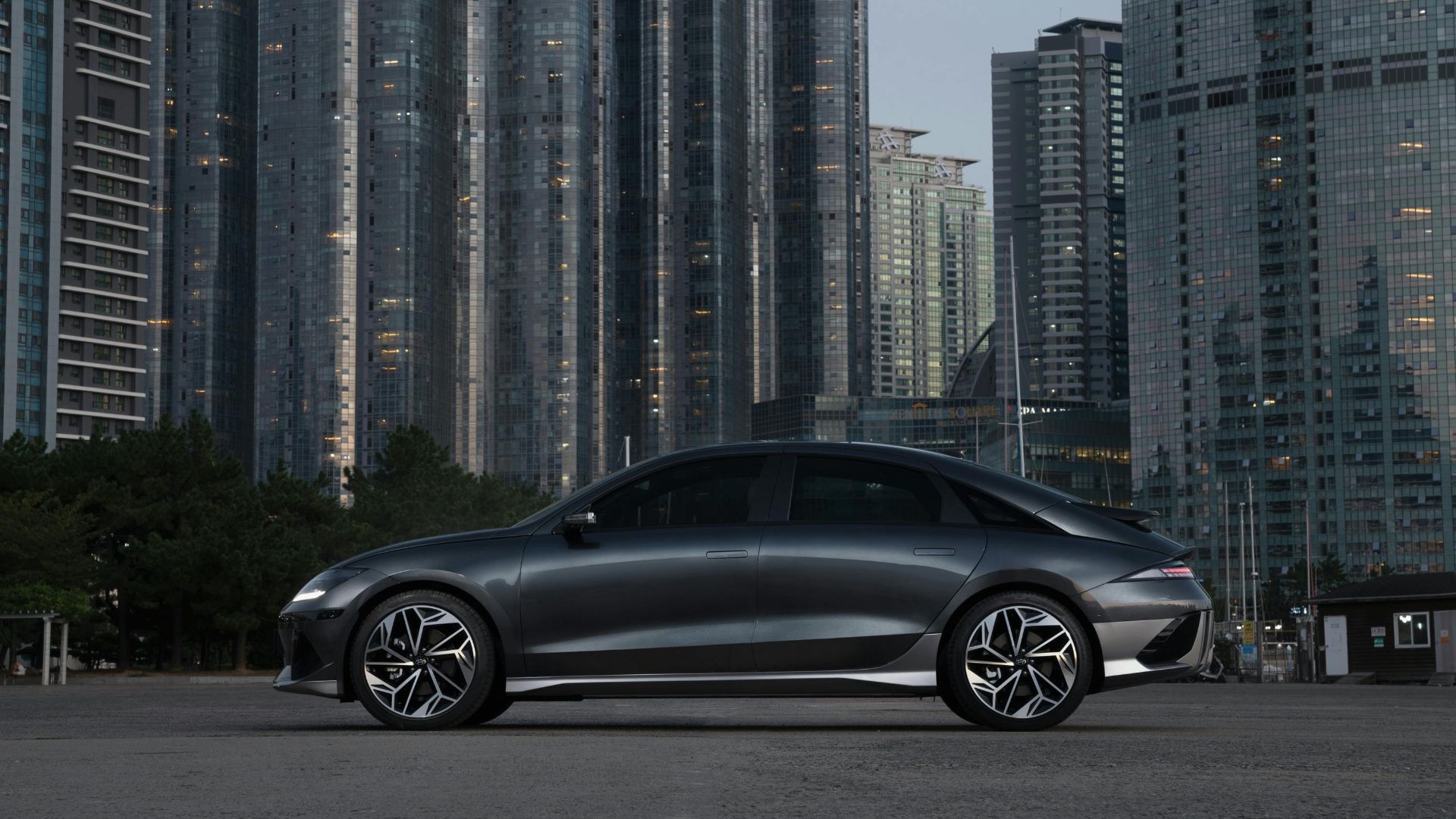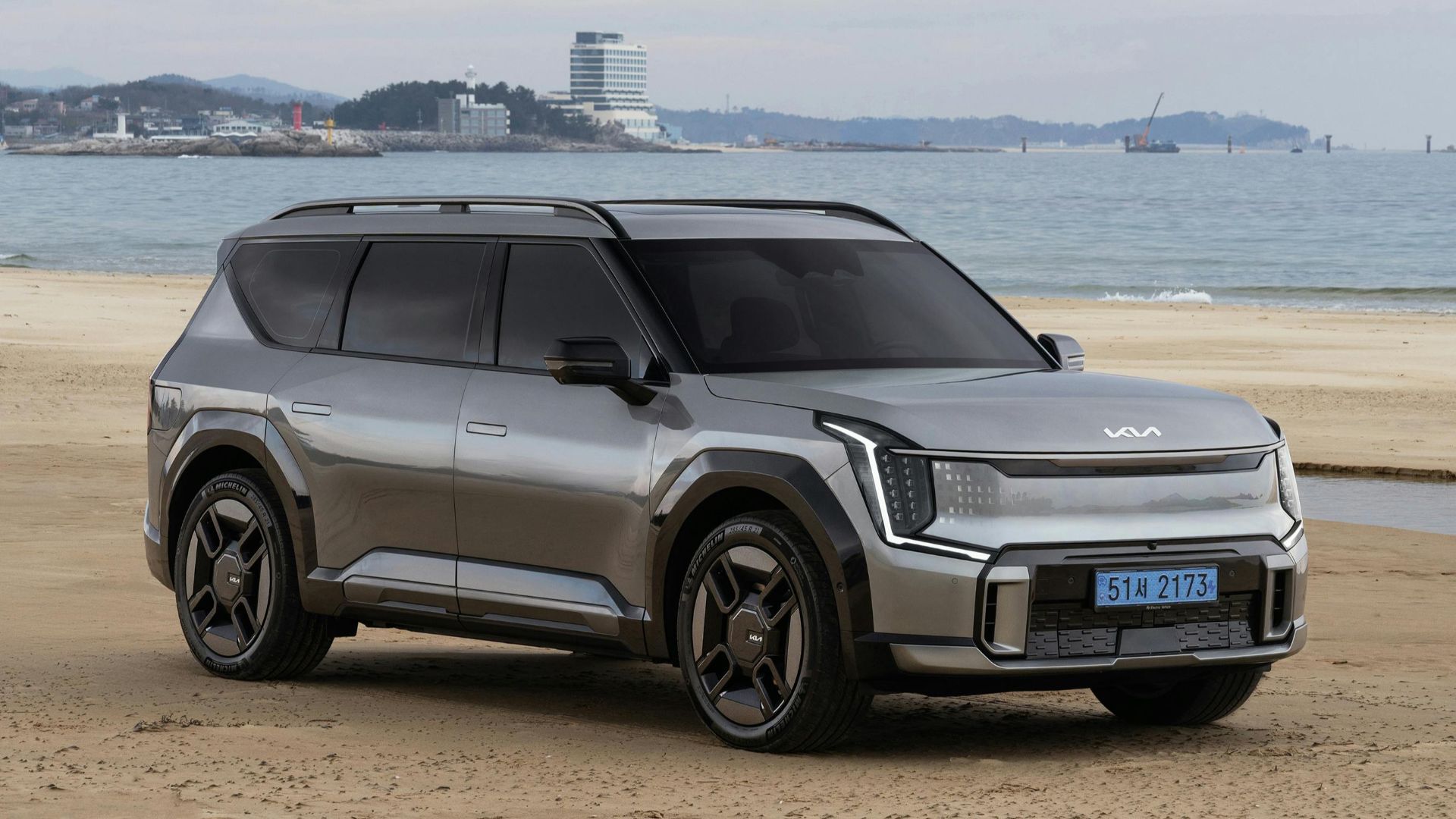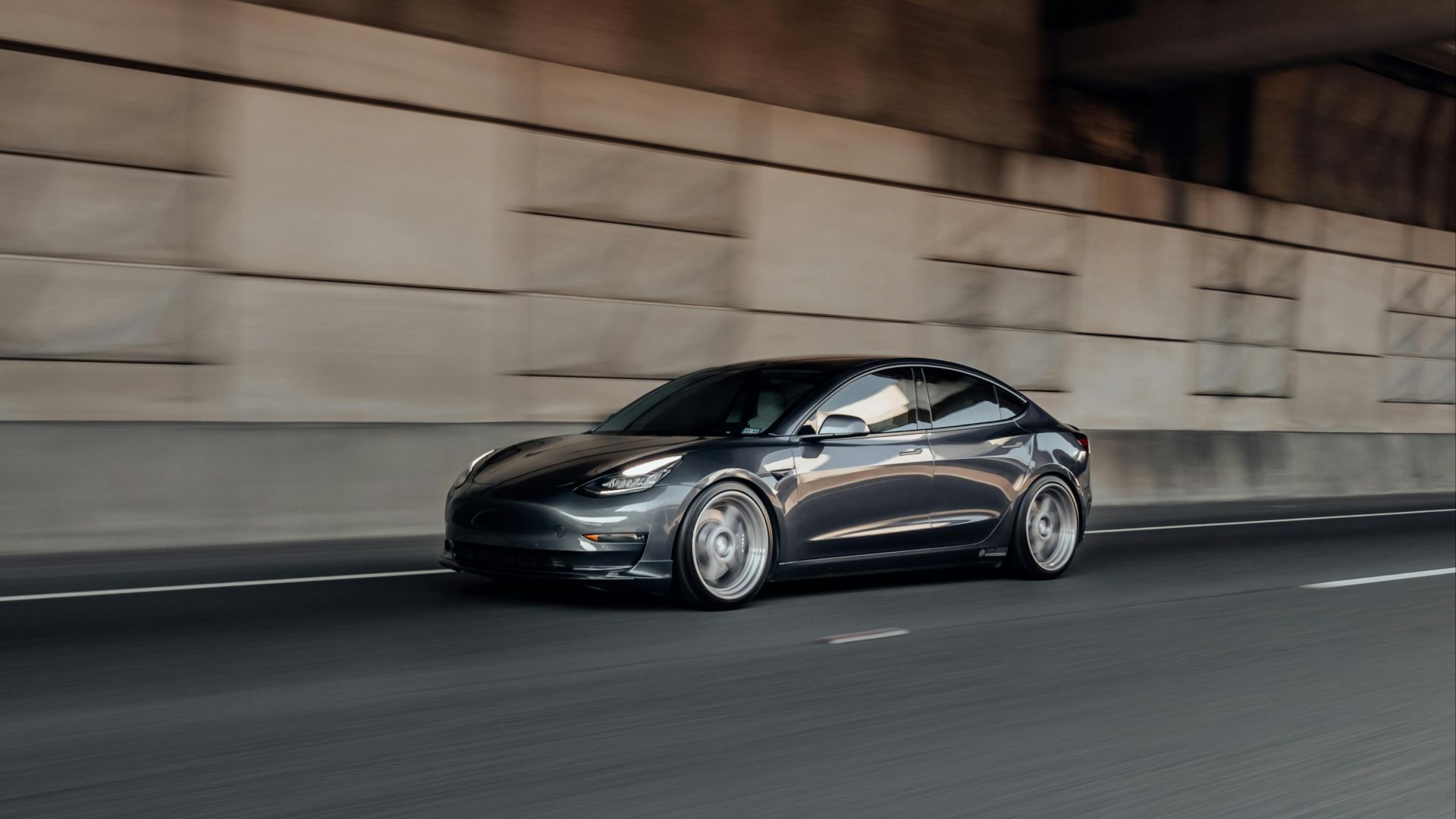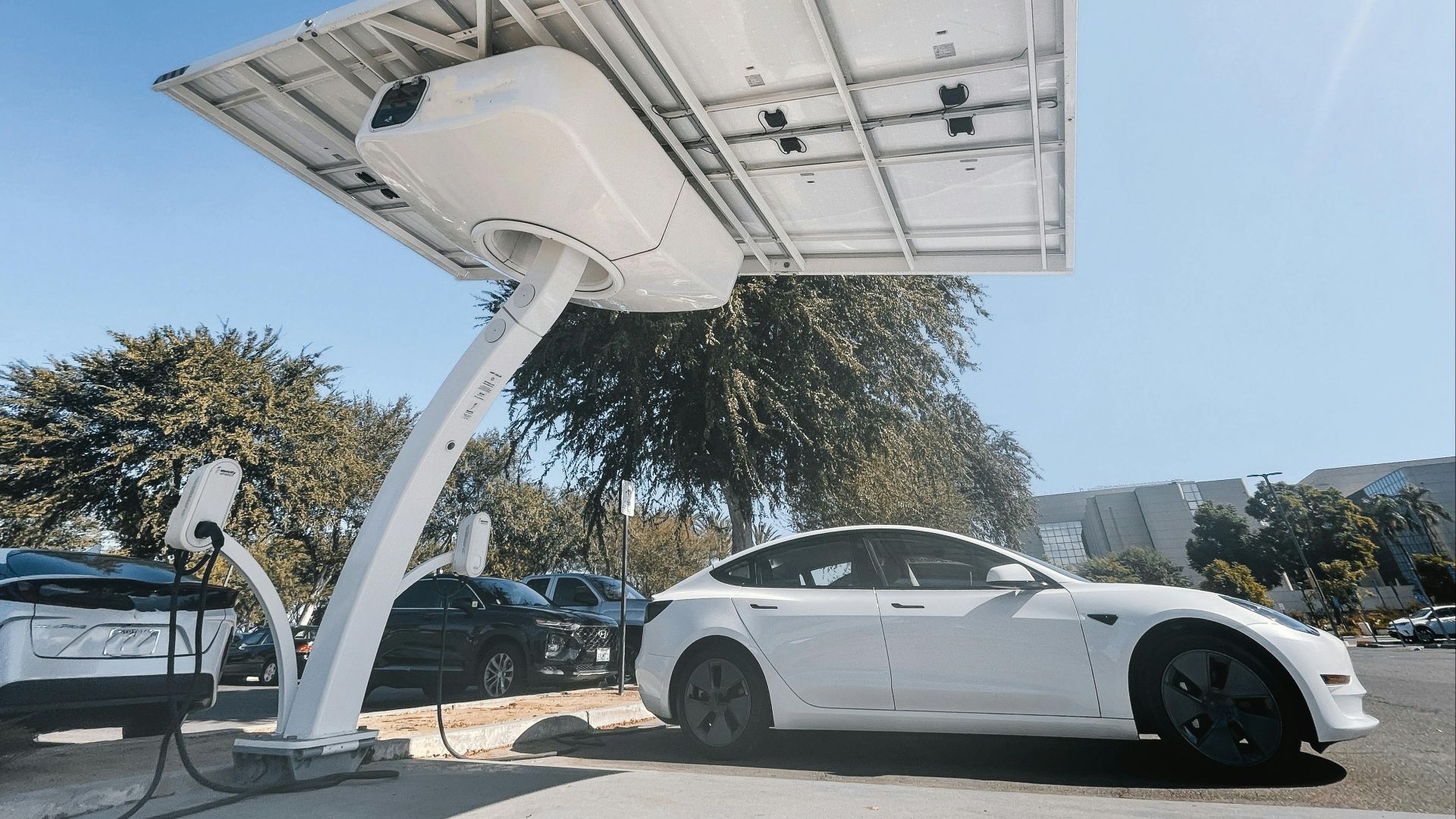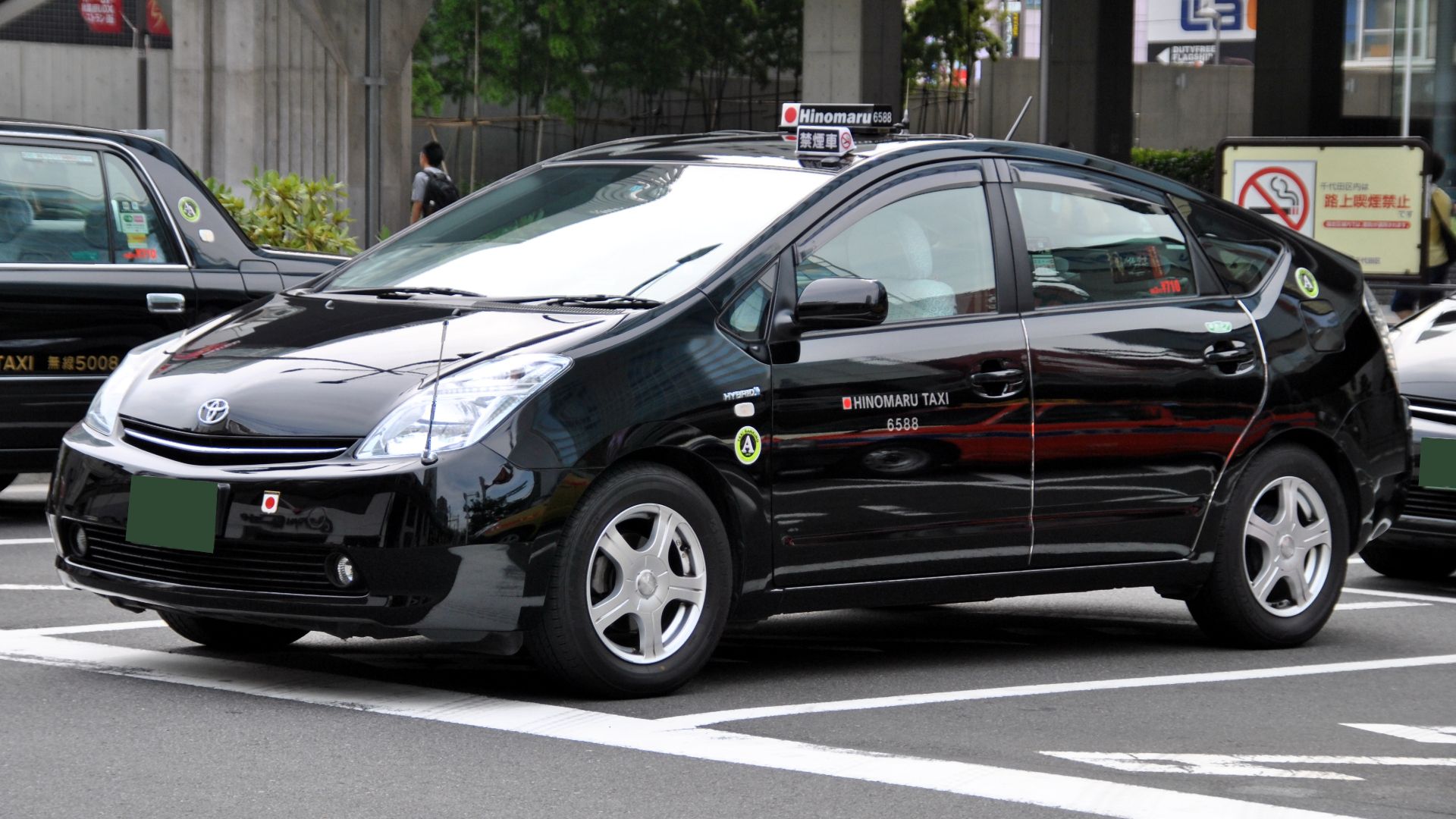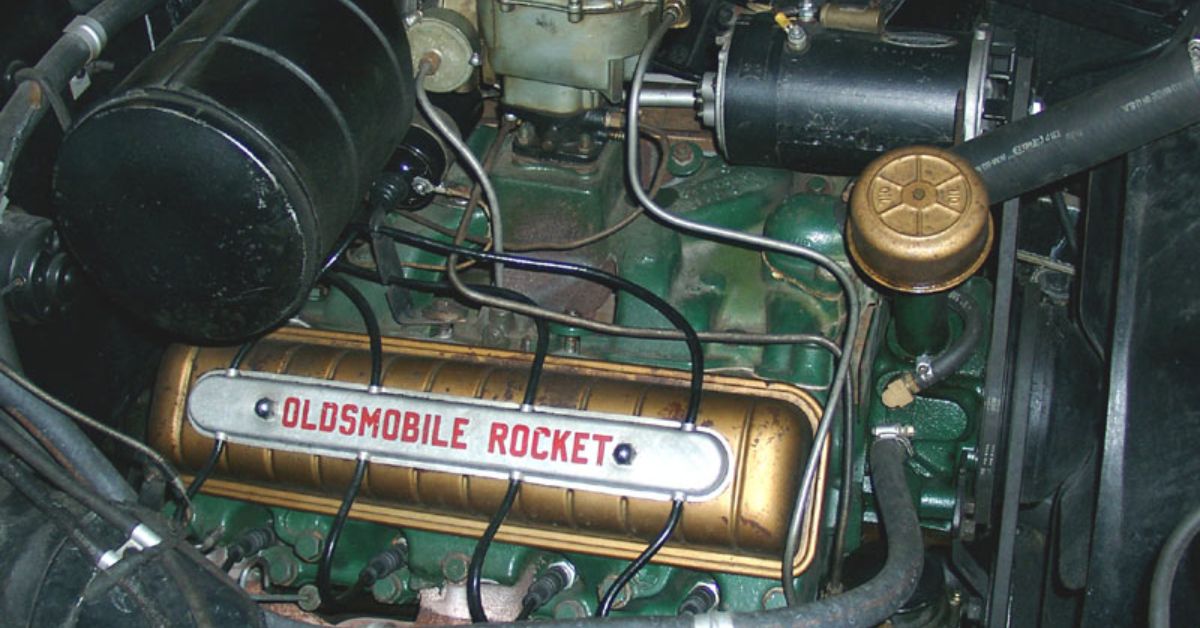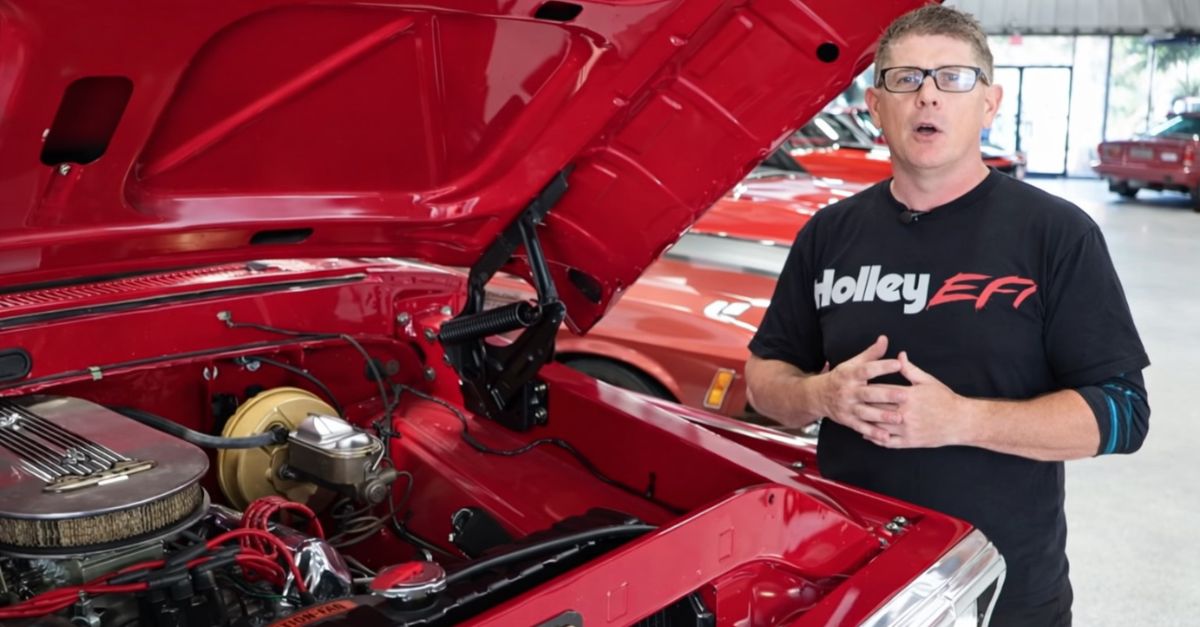When Your Hybrid Goes “Uh-Oh”
So there you are, cruising along in your hybrid, feeling smug about your gas savings and eco-friendly choices—when suddenly, that little battery warning light decides to ruin your day. You take it in, hoping it’s something simple, but the mechanic hits you with the bad news: the hybrid battery needs replacing, and it’ll cost a small fortune. Now you’re faced with a tough call—do you replace the battery or cut your losses and buy a new car? Let’s break it down.

Why Hybrid Batteries Fail
Hybrid batteries are complex beasts. Unlike your regular 12-volt car battery, they’re made up of hundreds of cells working together, constantly charging and discharging as you drive. Over time, heat, age, and repeated charging cycles wear those cells down. If you live somewhere hot, or your car spends long stretches parked without use, the cells can degrade unevenly—and once a few start failing, the whole pack begins to suffer.
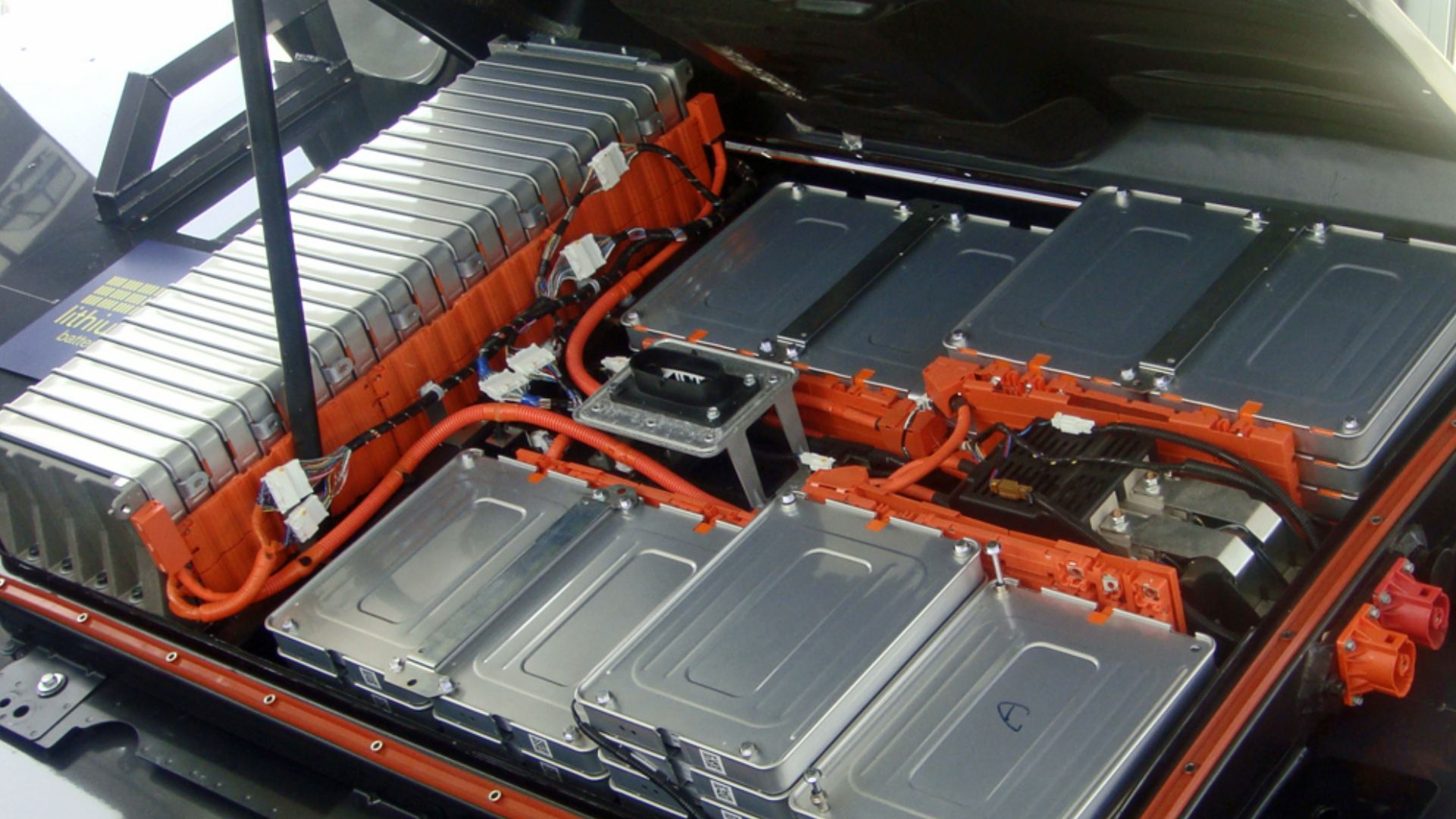 Mariordo Mario Roberto Duran Ortiz, Wikimedia Commons
Mariordo Mario Roberto Duran Ortiz, Wikimedia Commons
It’s Not Always The Battery’s Fault
Sometimes, your battery isn’t actually the culprit. Hybrids rely on an entire system of sensors, cooling fans, and a battery management system to keep everything in check. If even one component starts acting up, your car might think the battery is failing when it’s really a smaller issue, like corrosion in a connector or a cooling fan that’s stopped working. That’s why it’s crucial to get a proper diagnostic test from someone who truly understands hybrid systems before spending thousands.
The Lifespan Reality Check
Most hybrid batteries are designed to last somewhere between eight and ten years—or about 100,000 to 150,000 miles. That’s the general rule of thumb, but it’s not gospel. Some drivers have squeezed well over 200,000 miles out of their Prius batteries, while others have had theirs die much earlier. Driving habits make a huge difference: hybrids that spend more time in the city tend to last longer thanks to frequent regenerative braking, while long highway stretches can wear them out faster.
Warning Signs Of A Dying Battery
A failing hybrid battery rarely goes quietly. You’ll usually notice that your gas mileage starts to drop, your engine runs more often than it used to, or your battery charge level on the display bounces around unpredictably. You might even feel a loss of smoothness when transitioning between electric and gas power. Basically, if your hybrid suddenly feels like it’s given up on being a hybrid, you might be on borrowed time.
The Sticker Shock Of Replacement
Here’s where things get painful: replacing a hybrid battery can set you back anywhere from $2,000 to $8,000, depending on the make and model. If you’re driving something high-end—say, a Lexus or BMW hybrid—you can expect it to land on the higher end of that range. That price includes not just the pack itself, but also labor, handling, and disposal of the old unit. It’s a tough pill to swallow, but it’s not always the death sentence it sounds like.
Don’t Panic Yet: You’ve Got Options
Before you start shopping for a new ride, know that a brand-new OEM battery isn’t your only choice. There’s a thriving market for refurbished and remanufactured hybrid batteries, often at half the cost of new ones. These rebuilt packs use healthy cells from other batteries and can give you several more years of service—perfect if you plan to keep the car short-term or sell it later.
The Refurbished Route
Refurbished batteries are especially appealing for older hybrids that are otherwise in solid condition. A good shop will replace failing cells, recalibrate the pack, and back it up with a warranty—usually for a year or more. It’s a great middle ground between gambling on a used pack and paying dealership prices for a brand-new one. The key is to find a reputable rebuilder with solid reviews, because quality varies wildly from shop to shop.
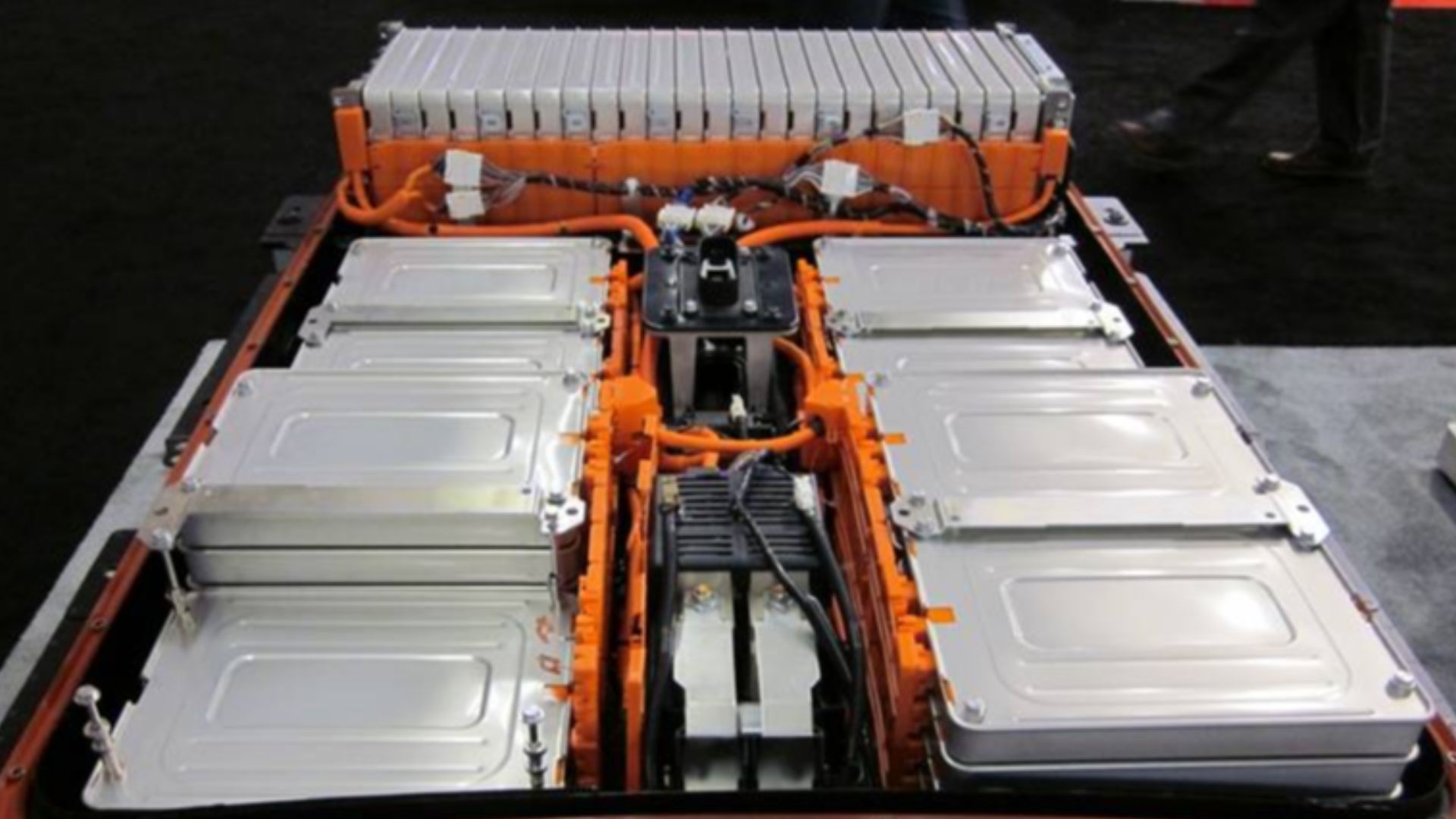 Gereon Meyer, Wikimedia Commons
Gereon Meyer, Wikimedia Commons
The Used Pack Gamble
Of course, you might also find used battery packs from salvage yards for a few hundred bucks. Tempting? Sure. But this is definitely a “buyer beware” situation. You won’t know how long that pack sat unplugged, how many miles it’s seen, or what condition it’s really in. For most drivers, that’s too big a gamble for such an essential (and expensive) component.
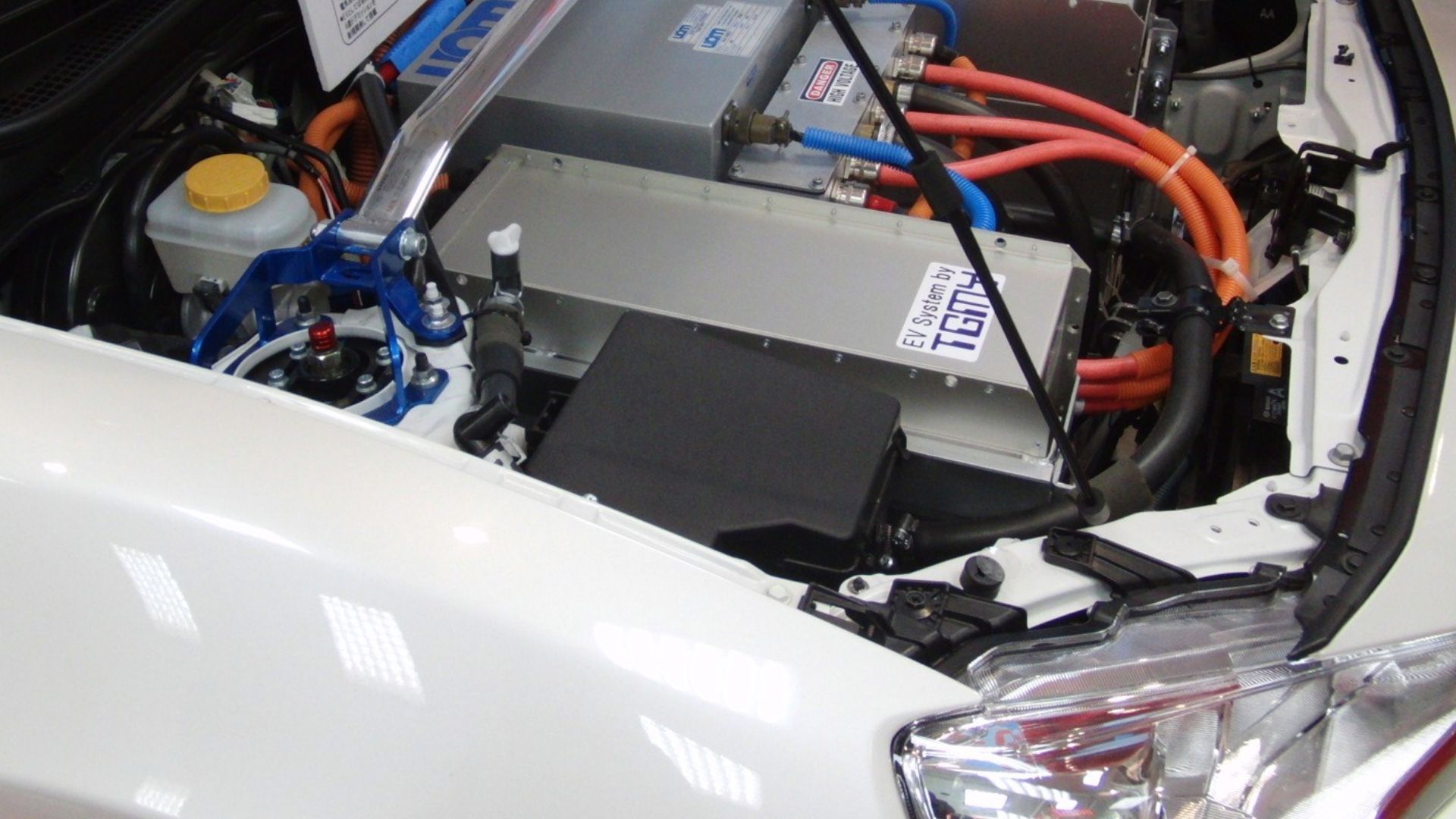 Tokumeigakarinoaoshima, Wikimedia Commons
Tokumeigakarinoaoshima, Wikimedia Commons
Repairing Instead Of Replacing
Here’s a lesser-known option: if only one or two modules in your battery pack are bad, a hybrid specialist can replace just those and rebalance the system. It’s like replacing a few bad spark plugs instead of rebuilding the whole engine. Depending on your car, this fix can cost as little as $500 to $1,000—a great short-term solution if your car is otherwise in great shape.
Check The Warranty Before You Cry
Before spending a dime, check your hybrid battery warranty. Many automakers cover them for eight years or 100,000 miles, and if you live in a CARB state like California, that coverage often stretches to ten years or 150,000 miles. Even if you’re slightly outside the warranty window, it’s worth asking your dealer about goodwill repairs. Some manufacturers are surprisingly generous, especially for loyal customers.
What About Insurance Or Extended Warranties?
If your hybrid is under an extended warranty or part of a certified pre-owned program, your battery might still be covered. Unfortunately, not all extended warranties include hybrid components—some exclude them entirely. If you don’t already have one, it’s usually not worth adding a policy now, since most won’t cover existing issues.
DIY Reconditioning: A Hobbyist’s Dream (Or Nightmare)
Yes, it’s true: plenty of car enthusiasts have successfully rebalanced their hybrid batteries at home using hobby chargers and a lot of patience. But this isn’t a weekend project for casual tinkerers. Hybrid batteries operate at voltages that can be lethal if mishandled. Unless you’ve been trained in high-voltage systems, leave this one to the pros.
Think Of The Whole Car
Before making any decision, look at the big picture. If your hybrid is a decade old but otherwise reliable, replacing the battery could make sense. But if the car also needs new tires, brakes, and maybe a transmission, you’re looking at a bigger money pit. In that case, it might be time to step back and rethink your investment.
Crunch The Numbers
Let’s say your hybrid is worth $6,000 as-is, and the replacement battery will cost $3,000. After the repair, you’ll effectively have a car worth $9,000. Compare that to buying a similar used hybrid for $15,000, and suddenly that repair doesn’t look so bad. Sometimes, spending money to keep your car on the road is the financially smarter move.
The Hidden Costs Of “Just Buying New”
A shiny new car is tempting, but it comes with a hidden price tag. You’ll face higher insurance premiums, registration fees, and taxes—not to mention the loan interest if you’re financing. If your current car is otherwise reliable, replacing the battery can be far cheaper in the long run.
When It’s Time To Walk Away
Of course, every car has its breaking point. If your hybrid is pushing 12 years old, the body’s showing rust, and the repair list keeps growing, replacing the battery probably won’t be worth it. At that point, it might make more sense to sell it for parts or trade it in toward something newer.
Environmental Considerations
Let’s not forget why you bought a hybrid in the first place—efficiency and sustainability. Manufacturing a new vehicle consumes far more resources than replacing a battery. Keeping your current hybrid running a few more years is almost always the greener choice, even if it means a one-time expense now.
Recycle Responsibly
If you do replace your battery, make sure it’s properly recycled. Hybrid batteries contain valuable materials like nickel and lithium that can be reclaimed and reused. Most dealerships and repair shops will handle recycling through manufacturer programs, so you don’t have to worry about it ending up in a landfill.
How To Extend The Life Of Your Next Battery
Once you’ve replaced your battery—or bought a new hybrid altogether—there are a few habits that can help extend its life. Try not to let the car sit unused for long periods, keep the cooling vents free of dust, and avoid parking in extreme heat when possible. Drive smoothly, accelerate gently, and let regenerative braking do its thing. A little care goes a long way.
Hybrid Battery Myths, Busted
A lot of myths surround hybrid batteries. No, they don’t all die after eight years; many last well beyond that. Yes, individual cells can be replaced—plenty of shops do it every day. And refurbished batteries aren’t all scams; in fact, reputable rebuilders have kept countless hybrids on the road for a fraction of the cost of new packs.
Popular Models & Their Battery Costs
To give you a rough idea: replacing a Toyota Prius battery might cost between $2,000 and $3,000. A Honda Accord Hybrid runs about $2,500 to $4,000. A Ford Fusion Hybrid could be around $3,000 to $5,000, while a Lexus RX 450h can soar up to $6,000. Painful? Sure—but still less than a new-car down payment.
 User:Ww2censor, Wikimedia Commons
User:Ww2censor, Wikimedia Commons
Should You Switch To A Plug-In or Full EV?
If you’re thinking long-term, it might be worth exploring plug-in hybrids or fully electric vehicles. Plug-ins use larger, newer-technology batteries that often last longer, and EV batteries usually come with eight- to ten-year warranties. If your driving habits fit an electric lifestyle, the upgrade might make sense now.
The Role Of Driving Habits
Believe it or not, your right foot has a lot to do with battery life. Aggressive acceleration and hard braking can wear things out faster. Smooth, steady driving helps the system operate efficiently and keeps the battery happier. Treat your hybrid like a precision instrument, not a race car, and it’ll reward you.
Ask Other Owners
One of the best ways to make a decision is to talk to other hybrid owners. Online forums and Facebook groups are filled with drivers who’ve been through the same dilemma. They can point you toward trustworthy shops, affordable rebuilders, and realistic expectations about costs and longevity.
 LinkedIn Sales Navigator, Pexels
LinkedIn Sales Navigator, Pexels
Fix, Then Flip
Here’s a smart move if you’re on the fence: replace the battery with a refurbished one, drive the car for another year, and then sell it. Buyers are often willing to pay more for a hybrid with a recently replaced battery, which means you could recover much of your investment.
Don’t Junk It Just Yet
A failing hybrid battery isn’t a death sentence—it’s a fork in the road. For many owners, replacing or refurbishing makes far more sense than buying new. Unless your car’s falling apart in other ways, it’s usually worth fixing, especially if you’re trying to avoid another car payment.
Charge Ahead With Confidence
So, should you buy a new car? Not necessarily. If your hybrid is otherwise solid, replacing or refurbishing the battery can give it years of new life and keep your finances—and your carbon footprint—in check. But if it feels like every other system is on life support, maybe it’s time to move on. Either way, you’ve already made a smart, efficient choice once by going hybrid—and whatever you choose next, you’ll be driving with experience on your side.
You May Also Like:
Why The U.S. Postal Service Once Drove A Fleet Of AMCs
The Smart Car’s American Struggle: Too Small To Succeed

